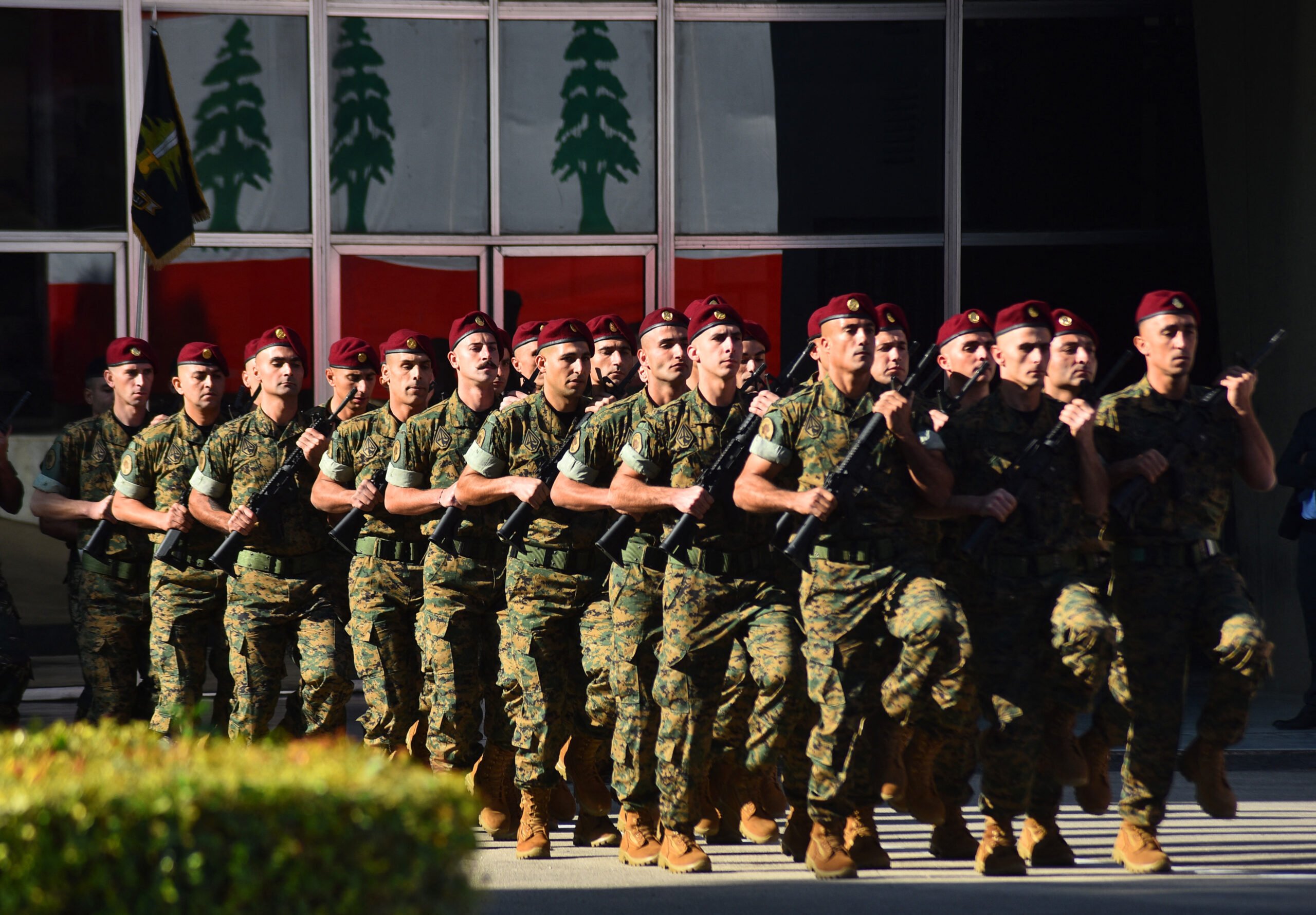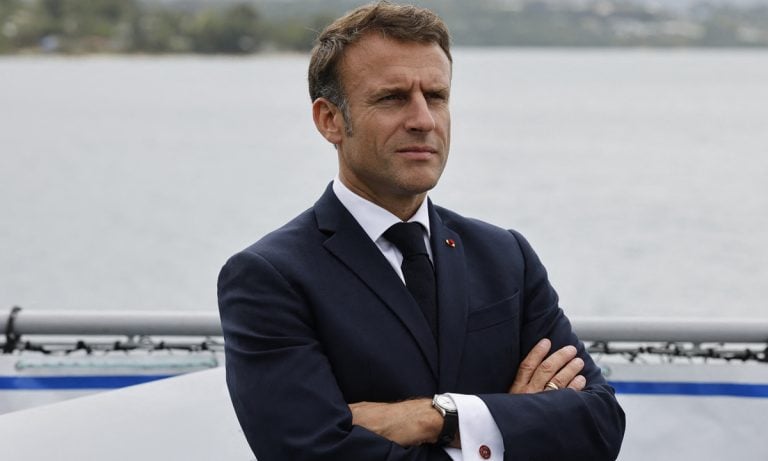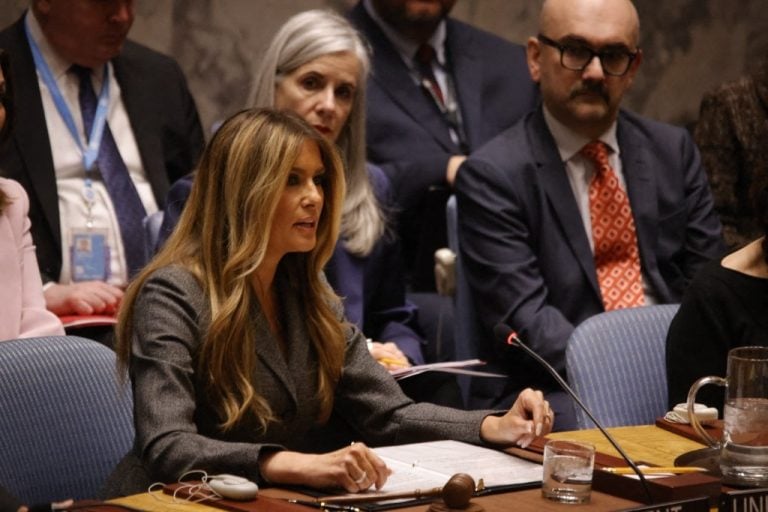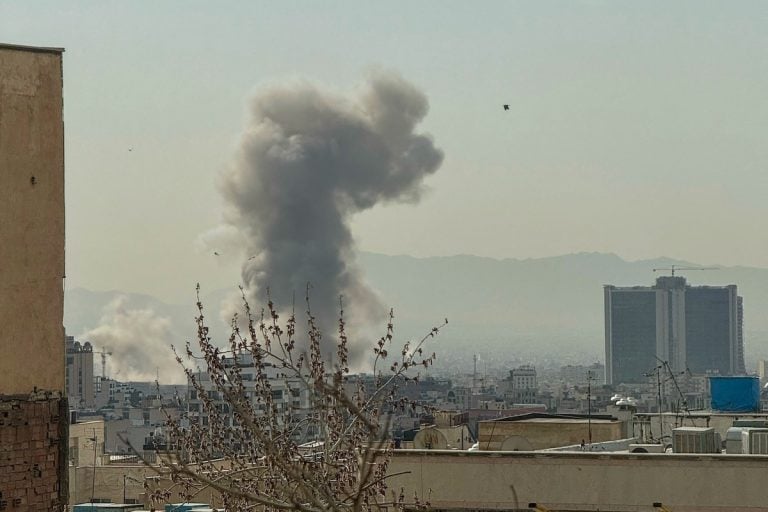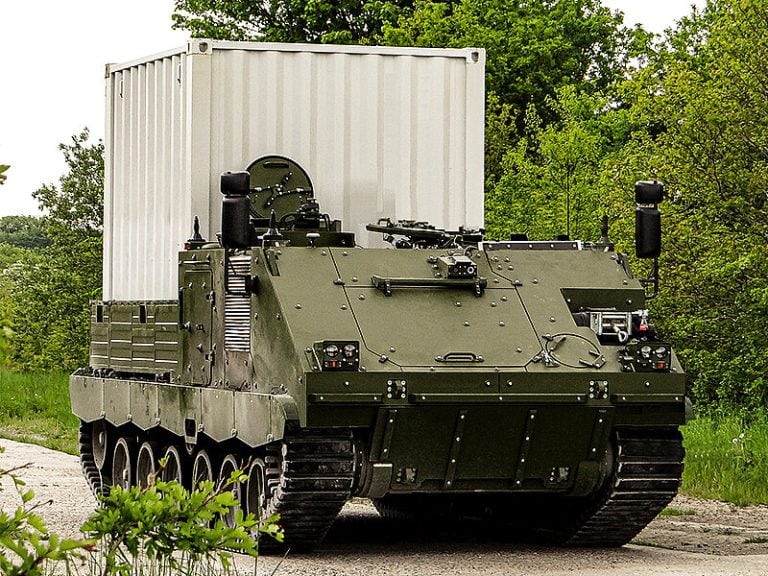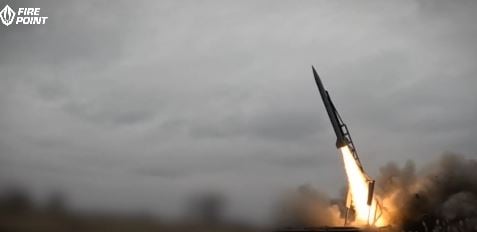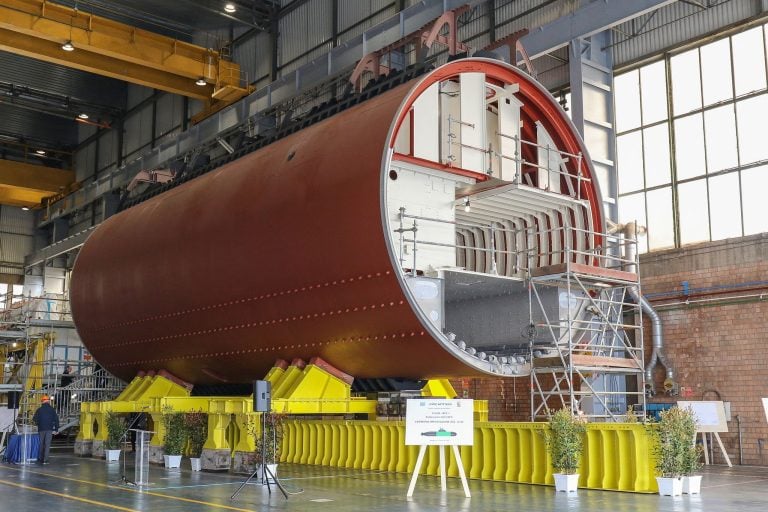The Lebanese military is set to implement a controversial plan aimed at disarming Hezbollah, the Iran-backed militant group, as announced by the government following a cabinet meeting. This decision comes amid significant opposition from Hezbollah and its political allies, particularly after Shiite ministers staged a walkout during the discussions.
The cabinet reviewed the military’s disarmament plan, which was ordered back in August under pressure from the United States and following a series of Israeli airstrikes. The Lebanese government has been under increasing scrutiny to take steps towards disarming Hezbollah, which has been a dominant force in the country since the end of the civil war in 1990.
Information Minister Paul Morcos stated that the government welcomes measures proposed by the army aimed at extending state authority and restricting weapon possession to legitimate entities. However, Morcos also acknowledged the limitations faced by the military, citing insufficient logistics, material, and human resources as challenges to executing the plan effectively.
Details of the army’s plan have been kept confidential; however, the military will provide monthly reports on its progress. The Shiite ministers’ walkout was notable not only for the political statement it made but also because it marked the third instance of a similar action over the disarmament issue. Reports indicated the walkout occurred just as the army chief was about to present the military’s disarmament strategy.
Lebanon’s political landscape is heavily influenced by sectarian power-sharing agreements, where coalition and consensus are essential for governance. The current government views disarming Hezbollah as aligned with the U.S.-brokered ceasefire agreement enacted last November, which concluded a prolonged conflict with Israel.
Amid these political maneuvers, southern Lebanon has experienced increased Israeli military activity. Recent airstrikes have reportedly caused casualties, adding urgency to the situation. Analysts suggest that Israel’s intensified actions are part of a broader strategy to pressure the Lebanese government into taking tangible steps toward disarmament rather than merely discussing intentions.
In the context of these developments, Prime Minister Nawaf Salam emphasized the importance of extending state authority and establishing a singular monopoly on arms. Streets in Beirut have seen supportive posters of Salam and President Joseph Aoun, encouraging unity around the idea of “one army, one arsenal, one state” as Lebanon grapples with its future.
The balance of power in Lebanon might be shifting, particularly in the aftermath of Hezbollah’s recent conflicts and the changing dynamics in Syria, where the group’s regional influence has been diminished. Local residents express mixed opinions on the disarmament process, with some believing that Hezbollah’s role may have run its course, while others insist that any attempt to seize their weapons could lead to direct confrontation.
Historically, Hezbollah has maintained its military capabilities under the guise of resistance against Israeli occupation, which lasted until 2000. As Lebanon navigates this complex landscape, the conversation around disarmament will likely continue to provoke strong reactions from various segments of society and political factions.
